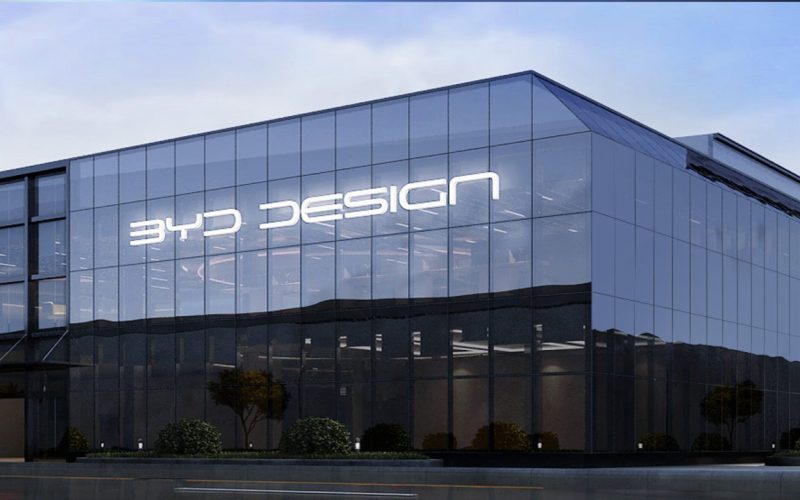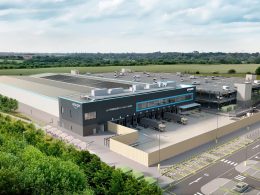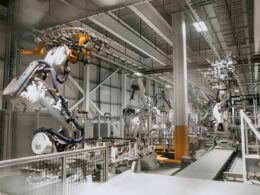China’s BYD Co. capped 2024 with a surge in sales, reaching 4.25 million passenger vehicles and narrowing its gap with Tesla Inc. in the race to become the world’s top electric vehicle (EV) maker. The Shenzhen-based automaker, which ceased production of fossil-fuel-powered cars in 2022, set a new monthly sales record in December, driven by subsidies and additional buyer incentives.
BYD sold 509,440 plug-in hybrid and pure-electric passenger vehicles in December, including 207,734 EVs, bringing its annual Battery Electric Vehicle (BEV) sales to 1.76 million. The company reported a 41% year-on-year increase in overall annual sales.
BYD’s rapid ascent contrasts sharply with challenges faced by legacy automakers like Nissan, Volkswagen, and Stellantis, which have struggled with declining sales in China and slower EV transitions.
Tesla is set to release its fourth-quarter sales figures later this week. The company needs to deliver at least 515,000 EVs in the final quarter of 2024 to meet its guidance of 1.81 million annual deliveries. Analysts project Tesla will fall just short, with an estimated 510,400 deliveries.
While BYD trailed Tesla in quarterly EV sales throughout the year, its late-year surge significantly narrowed the gap. By the end of the third quarter, BYD had sold 1.16 million EVs, trailing Tesla by 124,100 units. December’s record sales still leave BYD slightly behind Tesla in annual EV sales, with BYD only surpassing Tesla once, during the final quarter of 2023.
BYD’s revenue is expected to surpass $100 billion for the first time, fueled by strong domestic demand and government incentives encouraging drivers to transition away from gasoline-powered vehicles.
However, BYD’s international expansion has faced hurdles. It fell short of its target to sell 500,000 vehicles outside China, hindered by new European Union tariffs on Chinese EVs. Meanwhile, in Brazil, one of its largest overseas markets, the company faces scrutiny over allegations of slave-like conditions for workers constructing a new EV factory.

















